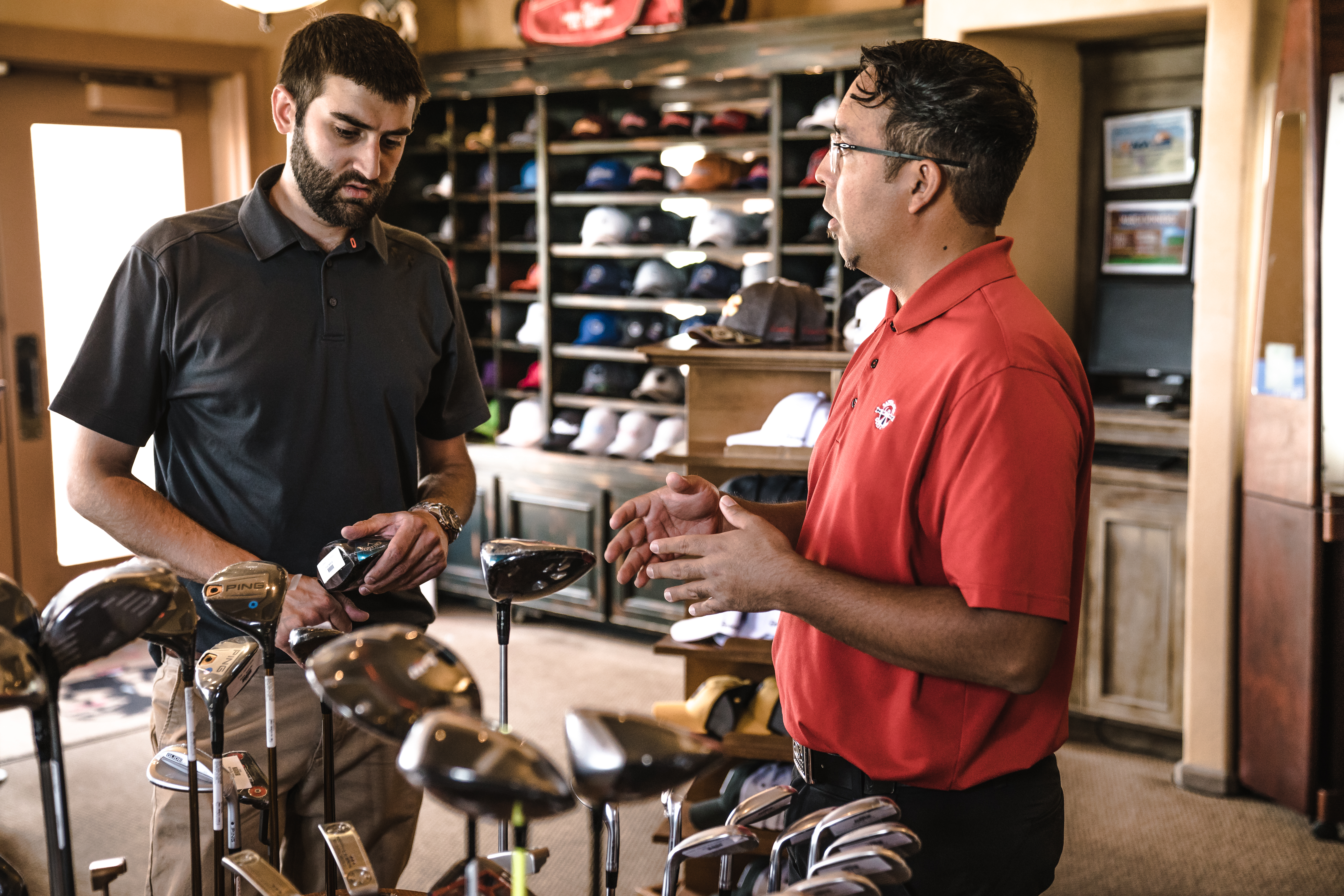A physical location has advantages and disadvantages for new businesses or for e-commerce brands seeking to expand into the physical world.
Although traditional brick-and-mortar sales account for a larger share of all revenues than online sales, customers are increasingly looking at online stores before taking trips to physical locations.
Below are some factors that small business owners should bear in mind when opening a physical store.
Pros
- You’ll develop personal relationships with your customers.
Brick-and-mortar stores still remain popular, even with the rise of online shopping. It’s a lot easier to test out and see new products in person before purchase.
Plus, face-to-face meetings with potential customers will help your business build brand loyalty and give you an opportunity to foster a relationship with patrons outside of business talk.
- Most customers prefer buying in-store.
The benefits of shopping on the internet can be considerable, including the convenience of shopping from the comfort of your home, but purchasing products in-person also has distinct advantages. A lot of people prefer to check products out in person.
Also, the chances of product returns are minimised since people can see what they are purchasing before buying it.
- It may be less competitive.
It’s true that in recent years online sales are growing a lot, and in some fields, they even dominate all the other sales channels.
But this growth also led to a different kind of trend – an increase in the number of companies offering products or services at a lower price compared to offline competitors or offering greater discounts on their goods or services.
This is why even though online stores are very convenient for customers and require less overhead, there’s still nothing better than opening your own physical store if you’re looking for a less crowded physical market.
Cons
- You’ll need to hire in-store employees.
Employees will be required to assist customers, handle inventory, and oversee your brick-and-mortar store once you open a physical store.
This process can be time-consuming and expensive as you will need people willing to work specific shifts, packages, or days.
- It is more expensive to have a store
By opening a brick and mortar business, you may also have to pay more in monthly bills, adding more financial responsibility to the process.
This could include expenses such as inventory, rent, property taxes, electric power, and payroll. It could even legal defence costs and compensations if someone was accidentally injured in your physical store. Thankfully, such expenses can be covered with a public liability cover.
- You’ll still need to set up an online store.
Stores that rely solely on neighbourhood foot traffic and word-of-mouth to make sales limit their growth potentials. It is crucial to have an online presence to support your physical location.
In conclusion, think about the long-term goals of your business.
Consider how you can transition your e-commerce business into a physical store now that you’ve successfully launched and grown your online business.
Even though there might be challenges along the way, you may find that a physical store could act as a boost for your online business.



